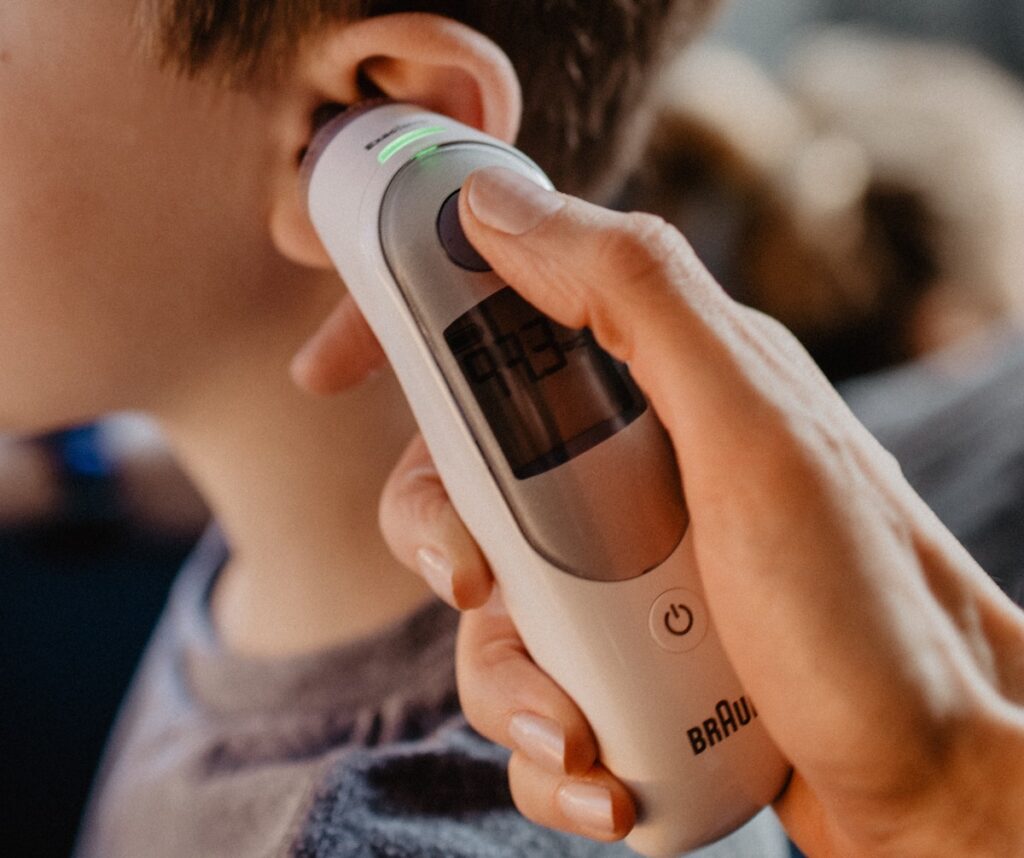Sprout
Age 1-4
We’re here to guide you on your parenting journey.
At your child’s well visit, we will celebrate all of his/her amazing growth! The toddler and preschool years are such a fun and exciting time of exploration and development. They also come with some challenges, so Castle Pines Pediatrics is here for you to make sure you have the resources you need as your child grows.
What to expect at a visit
At each well visit, your pediatrician will take time to answer any questions you may have about your child. We’ll discuss sleep, diet, and age-appropriate activities. We will review your child’s developmental and emotional well-being, and we will discuss the family’s health and wellness as a whole. Additionally, we will screen for any physical, emotional, or social issues that could potentially contribute to childhood diseases, behavior disorders, or growth abnormalities. Finally, we will review concepts important for toddler safety and school readiness.
A comprehensive well exam includes:
- A physical exam
- Recommended immunizations
- Age-appropriate screening labs
- Developmental screening
- Psychological/behavioral assessment
- Oral health assessment
- Vision screening
- Referrals for specialized care if necessary
Visit and immunization Schedule
Castle Pines Pediatrics believes that vaccines play a vital role in protecting your child’s health. Patients in our practice agree to follow the CDC and AAP guidelines for childhood immunizations.
MMR, Varicella
Vaxneuvance (PCV 15), Hepatitis A
DTaP, HIB
Hepatitis A
Any catch-up immunizations
Any catch-up immunizations
Quadracel (DTaP & IPV) and Proquad (MMR & Varicella)
Frequently asked questions
When it comes to car seat transitions, the best practice is to delay each transition as long as possible while still abiding by the height and weight restrictions of your particular car seat. Studies suggest that the head, neck, and spine of children are better protected while rear facing in frontal and side impact crashes. The AAP recommends rear facing until at least 24-months old, and several car seat manufacturers make car seats that allow for extended rear facing well beyond the second year of life.
Growth rates naturally slow during the toddler years and appetites may wane accordingly. It’s helpful to remember a serving size is only the size of your child’s palm.
Most toddlers will consume 5-6 small meals a day. Parents should offer nutritious options but let children regulate their food intake based on their hunger cues. Avoid snacking or grazing behaviors, and don’t fill up on liquid calories like milk or toddler formulas that are laden with sugar.
It takes an average of 10 exposures before toddler taste buds learn to accept a new food, so keep offering small amounts frequently. It also helps to mix flavors: salty/sweet with bitter/sour. Above all, avoid the food battles!
Toddlers 1-2 years old need between 11-14 hours a day.
Children 3-5 years old need between 10-13 hours a day.
Remember to include any naps your child takes in the daily total.
Potty training can begin whenever your child starts showing interest. Having buy-in from the child always makes the process more successful. If you discover resistance to your first efforts at potty training, it may be more efficient to wait a few months and try again. Most children will achieve daytime dryness between 3-4 years old and nighttime dryness by age 7 years.
As soon as they begin to show interest in their body, it is appropriate to teach children the anatomically correct name for their body parts. It is also important to discuss who is allowed to see the child’s genitalia and to discuss the concept of our private areas remaining private and a “good touch vs bad touch.” You should initiate this conversation if it has not happened organically by age 4, particularly before your child begins to spend significant time outside of the home.
Kindergarten readiness is best exhibited by demonstrating some key developmental milestones including the ability to:
- Listen, follow instructions, and focus on a task
- Make friends, consider others’ feelings, and take turns
- Control emotions
- Use multiple senses to explore the world
- Understand early language and math concepts
If your child has mastered all or most of these skills, he/she is likely to be successful in a classroom setting.
Finding your way as a parent
Our blog combines our medical expertise with our personal experience as moms to help others on their parenting journey.


